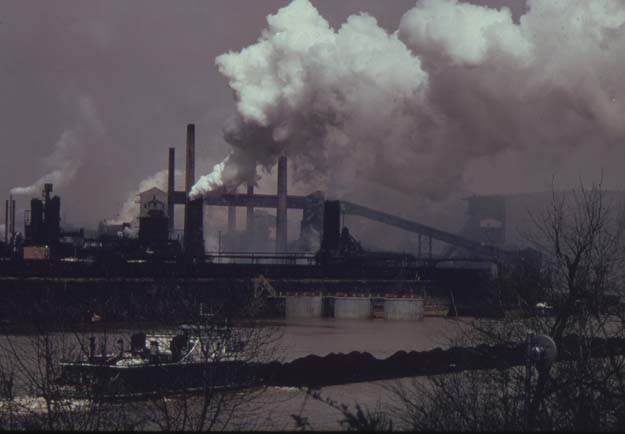It doesn’t matter… if the oysters are fresh, the beer is cold, and the band is good
By Skip Clement, Contributor
[dropcap]S[/dropcap]o, you just came in from a fly fishing trip with a guide from Hell, or with a guide that could speak “fish;” fluently – doesn’t matter. The local pub has cold lager, they specialize in oysters and have a live bluegrass band you read about in the Times.
Your skin is caked in salt spray, and you can barely see out of your $200 polarized prescription glasses – you didn’t clean up your gear either. You smell like the low tide – doesn’t matter. The local pub has cold lager, they specialize in oysters and have a live bluegrass band you read about in the Times.
You’ve been up since 4 am. Battery acid coffee, Gatorade, snack bars and a soggy tuna sandwich have done nothing for you. It’s 5:30 pm everywhere and time for some hops.
Oysters?
Well, you can’t fly fish for them, that’s a fact. But they taste sooo good cold and fresh with horseradish and fresh lemon – add a tall one and a pair of jeans that fit just right and life can’t get any better – so it doesn’t matter.
What the Hell are oysters anyway?
Oysters can clean a lake. A lake the size of Lake Michigan. Invasive Zebra Mussels, a fellow mollusk, like oysters did just that, and the cleaning bill hasn’t been welcomed by conservation folks of most stripes, but that’s another story.
Indigenous mollusks, the kind we like to eat and considered to be the bailiwick of the Chesapeake Bay, Apalachicola Bay and Galveston Bay – the headliners, of course, but they come in differing varieties from different coordinates as well.
Here are some oyster facts that we fly fishers should be aware of and need to keep in mind when lap-dog politicians license wholesale pollution of bodies of precious water that these hard working dispose-alls live and work in:
• A single adult oyster can filter 25-50 gallons of water a day, removing nutrients such as nitrogen. A healthy reef made up of hundreds and hundreds of oysters can filter thousands of gallons of water a day. That’s clean water for resident and visiting fish, crabs, and shrimp, as well as clean water where we can fish.
• Oyster reefs are nature’s armor. Its hard outer shell that helps protect coastal habitats like seagrasses, mangroves, and saltmarshes. It also acts as a buffer for our fragile shorelines, protecting our coastal communities from erosion caused by the forces of daily waves, storms, and sea level rise.
• Oyster reefs are nature’s grocery store. The nooks and crannies of oyster reefs offer important nursery and shelter areas for many residents and migratory species of fish, shrimp and crabs.
• Oysters take on the flavor of the water where they’re grown.
• The Eastern or American Oyster can be found from Canada to Argentina.
• Oysters are rich in vitamins A, C, D and B-12. B-12 is well-known to help people lose weight and sharpen their memory.
• Eating four oysters a day gives you a complete daily supply of copper, iodine, iron, magnesium, manganese, phosphorus and zinc.

The Goobers in America want to return to this scene. A coal barge on the Monongahela River slips by the U. S Steel Plant in Clairton, Pennsylvania (about 20 miles south of Pittsburgh). The photo was taken when I was playing football for Art Rooney, Sr’s Steelers and we played Sunday games in Forbes Field. Those white plumes of smoke contained an unimaginable amount of pollutants and puffed 24/7/365 for almost a century. Legislation finally lessened pollution and that hurt steel and coal, but it was their respective failures as competitors that did them in. The Trump Administration wants to return to those “Halcyon Days” of polluted air and water. Photo National Archives and Records Administration – un-retouched a Public Domain Image.
Sad but true
Today, global estimates show an 85 percent loss of oyster reefs from known historical levels and nearly the same decline, or more, is mirrored in the Gulf of Mexico’s estuaries and bays. The Trump Administrations fascination with coal and ridding the western world of the Clean Power Plan will further decimate oysters.
A world without oysters would be a world with less fish, less fishermen, and more coastal erosion… and forget family oyster roasts, the local pub with cold lager, oysters on the half shell and the live bluegrass band you read about in the Times.
Sources: NOAA, News Journal, Ocean Conservancy, Oyster Recovery Partnership, Huffington Post, National Geographic

